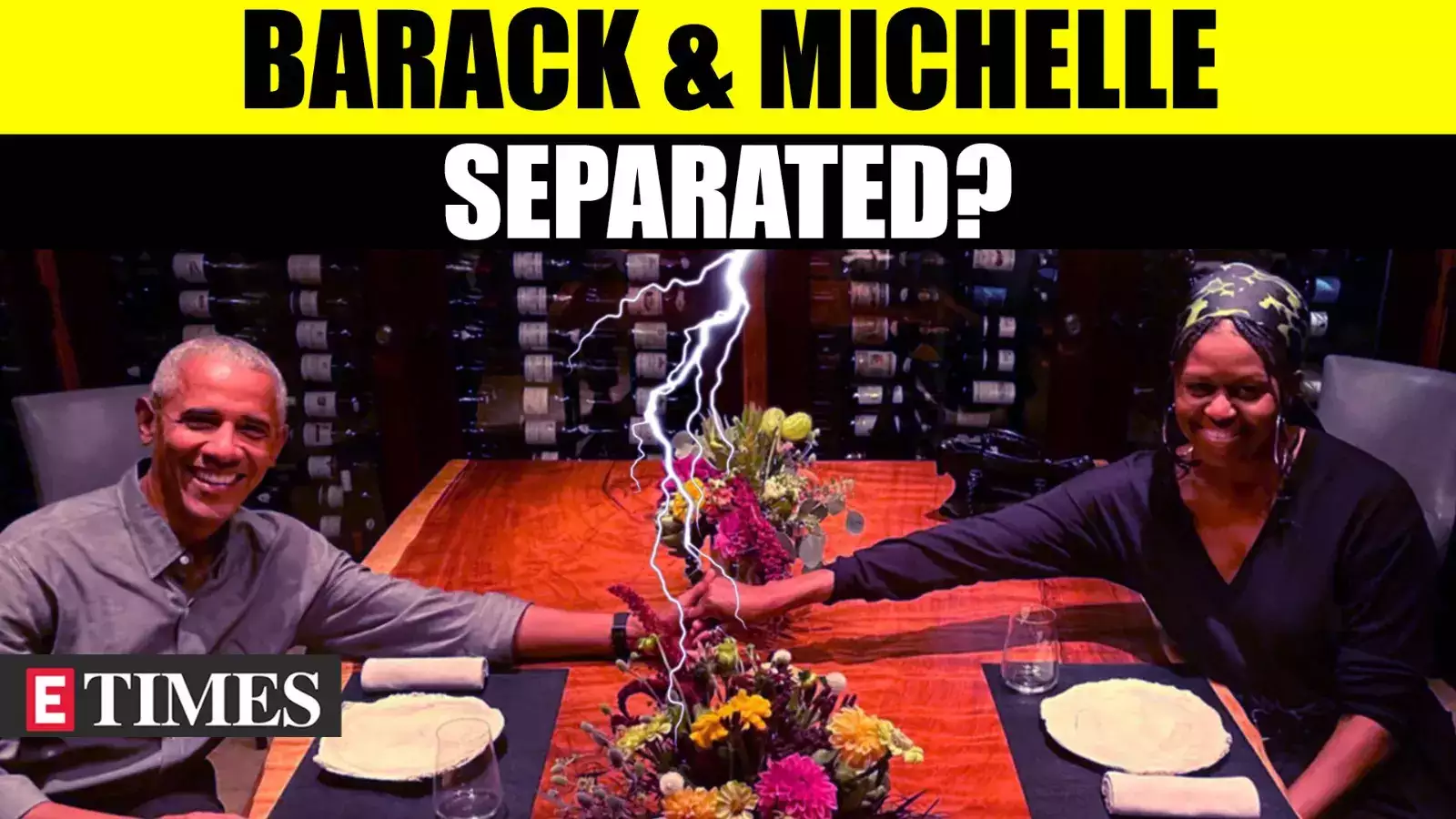Lulu Wang originally came to Expats, the new Nicole Kidman miniseries that premiered Friday on Prime Video, as sort of a side project.
The director, just a few years out from her Oscar nominated drama The Farewell, was initially only asked to direct a few episodes. But after looking at the script, its scope — and especially its source material — she said she fought to take on the whole thing.
“I didn’t know how to just separate a couple episodes and, you know, only tackled this part of it — because it’s all interconnected,” Wang said in an interview with CBC News.
That interconnectivity sprung from the novel the miniseries is based on, Expatriates by American writer Janice Y.K. Lee. It tells the story of three women living in Hong Kong — all American, and all reeling from the rippling effects of a central tragedy.
Lee’s novel weaves back and forth through time, revealing bits of a larger story in an expanding narrative. That scattered plotting technique meant Wang needed full control if she was going to replicate it.
WATCH | Expats trailer:
“I wanted to maintain that nonlinear structure,” she said. “And so the only way to really keep it all intact is if I could tackle the whole thing.”
That work has been ongoing since 2020, when Kidman (whose production company first optioned the novel) brought Wang on board. Wang tapped Lee onboard to help craft the show (with Lee writing the miniseries’ finale, “Home”), but she and an all-women writing team took serious liberties with the story. That meant beefing up minor characters’ storylines, changing the order of events and — perhaps most importantly to Wang — focusing as singularly as possible on the setting.
“I knew that I couldn’t make a series set in Hong Kong without making Hong Kong a character in and of itself,” she said. “And I wanted the journey that I was depicting for Hong Kong as a character to somehow mirror, to parallel, the journey of my characters in the story.”
A personal story
It was an interesting challenge. The Farewell was a directly personal story for Wang; It was inspired by the experience of her grandmother, who lives in China, being diagnosed with terminal lung cancer. But Wang’s connection to Expats was more complex.
The director spent large parts of her life on two separate continents, having grown up in Beijing until her parents were exiled in 1989. She subsequently moved to Miami, and had little experience with Hong Kong itself. But in Expats, she wanted to specifically probe an element she had observed throughout her life: The fraught and sometimes destructive outcomes of class-based societies.
“That was the line that I was constantly straddling,” Wang said. The many characters in Expats range from affluent to struggling. Building that into the plot — while trying not to directly villainize any of them — was a huge struggle, she said, but also hugely important.
“[It’s] the fact that none of us can choose the circumstances that we’re born into — but we can choose how we behave within those environments in those circumstances.”
That mentality was really at the heart of Expats. Despite the fact the series spirals around a domestic disaster, infighting and mistrust, Wang says that was not the series’ message. In all her works, she said, she tests her characters, and audiences’, relations to force them to question why they break apart.
“It’s why my brother is a chef and why I’m a storyteller. Because I love bringing people to this metaphorical table to break bread together,” she said. “I look at divides because my goal is actually to unify.”






